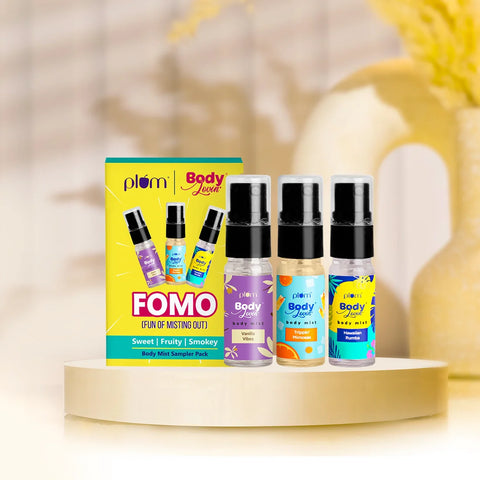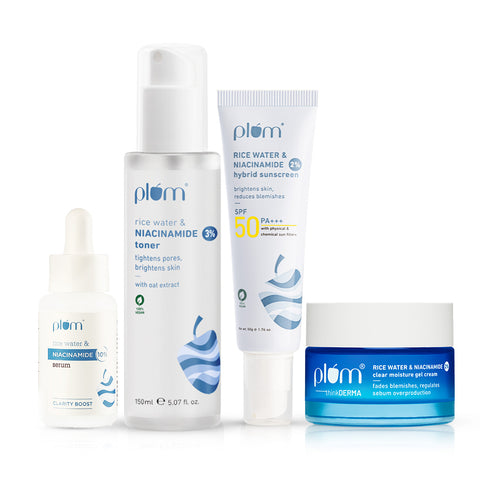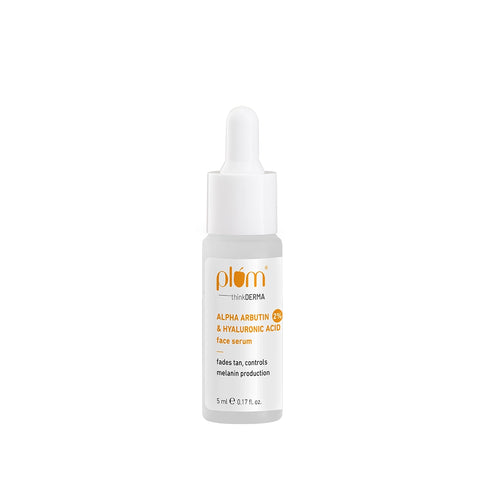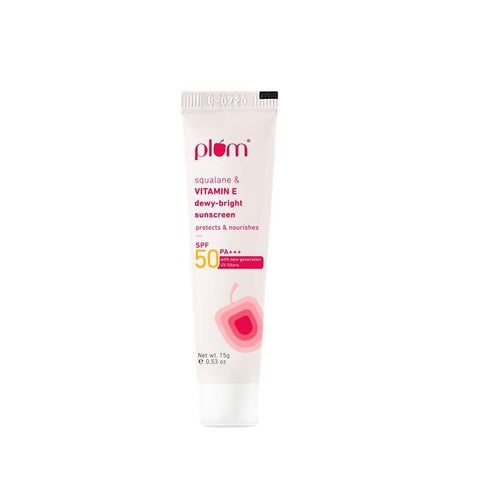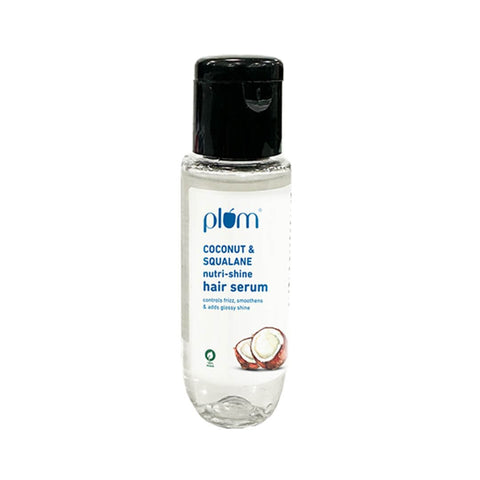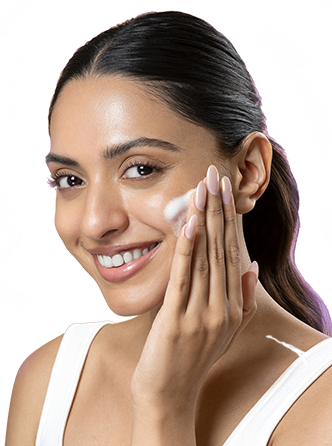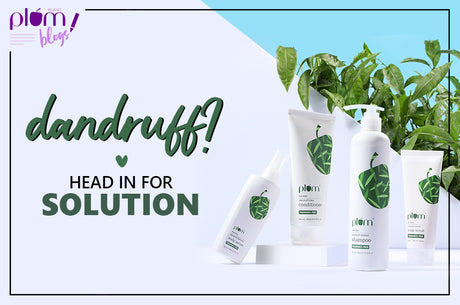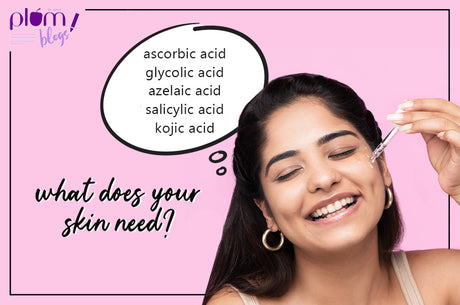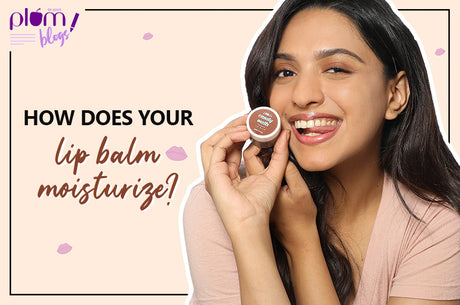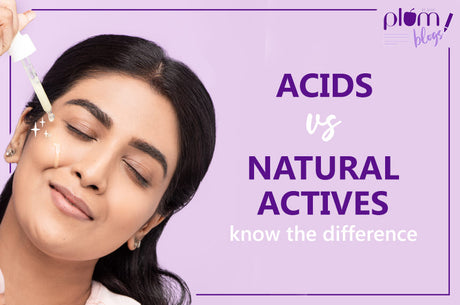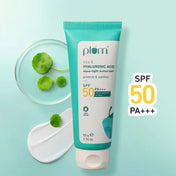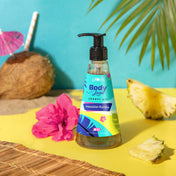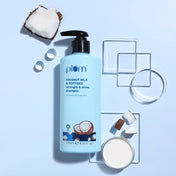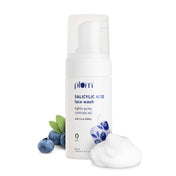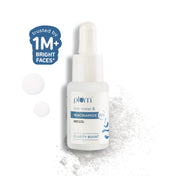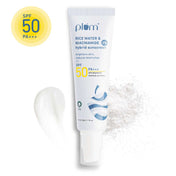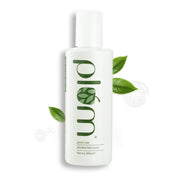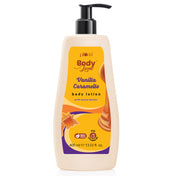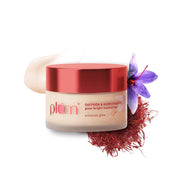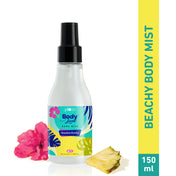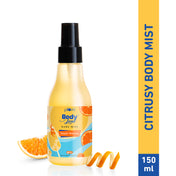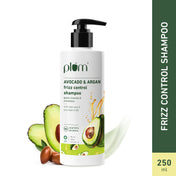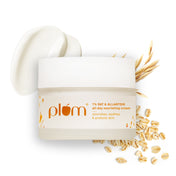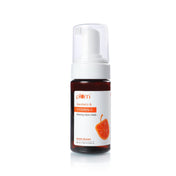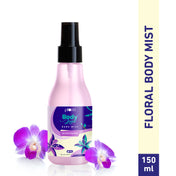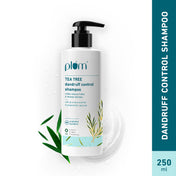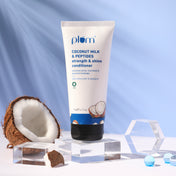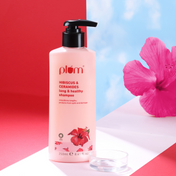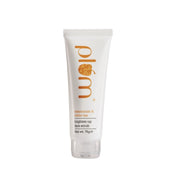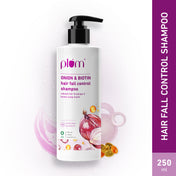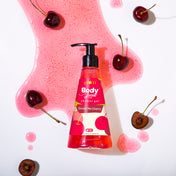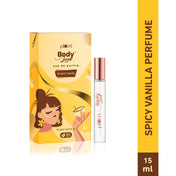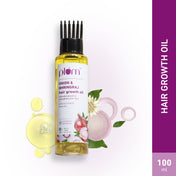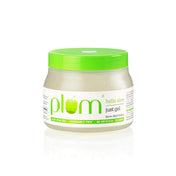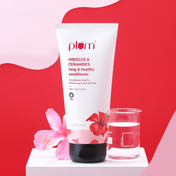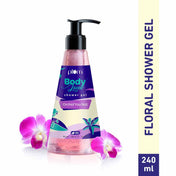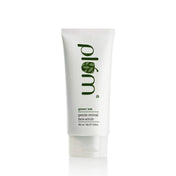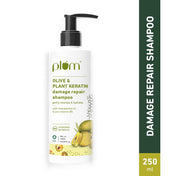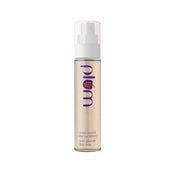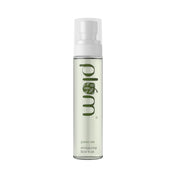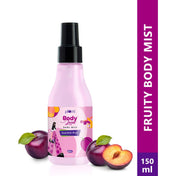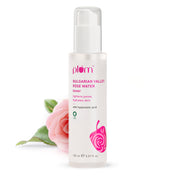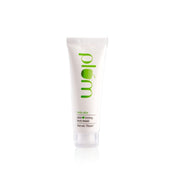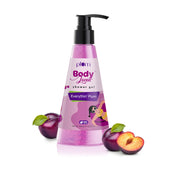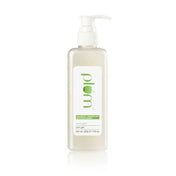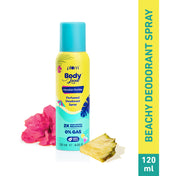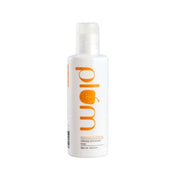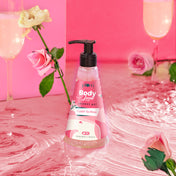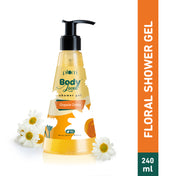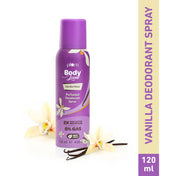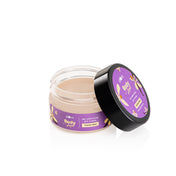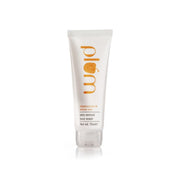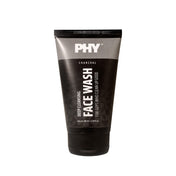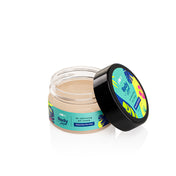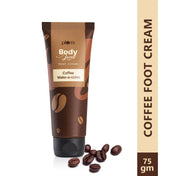
Hello Plumsters! Today we've got you answers to all the questions you've ever had about this super-ingredient. It's often seen in your skin care products - at home, and also at your beauty parlour. It's name is very chemical-sounding, but it is actually a naturally occurring wonder ingredient if used the right way. And the ingredient we are going to talk about is... glycolic acid! We thought we'd simplify all our knowledge about glycolic acid and present it in the form of a simple Q&A. Ready?
Why should I know about glycolic acid?
Because it is one of the best ingredients for your skin. Glycolic Acid belongs to the family of AHAs ie. Alpha Hydroxy Acids. AHAs are excellent exfoliators - they take away dullness & tiredness and help treat UV-damaged skin. They also help increase blood flow of the skin, which minimizes fine lines. Result: clearer, rejuvenated, younger-looking skin.
"Acid" sounds dangerous and chemical-like. Is it safe & natural?
AHAs are a group of acids naturally found in food. Yes, food. That’s how safe they are! The famous members of this group are Citric acid (found in citrus fruits like orange, sweet lime etc.), Lactic Acid (found in milk), Malic Acid (found in apple), Tartaric Acid (found in grapes), and Glycolic Acid (found in sugarcane). Of these, Glycolic acid and Lactic Acid are more commonly seen in skin care products.
Do I need it?
While Glycolic acid is a great ingredient to have in everyone’s skin care regime, if you particularly have any of the following problems, you must look to include glycolic acid in your skin care regimen:
- Photo-Damaged Skin: Uneven pigmented skin due to sun exposure and lack of nourishment.
- Ageing Skin: Dull, wrinkled skin. Prominent signs of ageing.
- Acne and/or old acne scars
How does it help?
Glycolic acid acts on at the top layer of the skin (epidermis), and breaks its down by dissolving sebum and other substances. Then these dead skin cells are removed (shed off), and you get clearer, brighter skin. It basically attacks your pigmented, acne-marked, wrinkled top skin layer and makes way for younger-looking, fresher, clearer skin.
How do I incorporate it in my daily skincare regime?
Though glycolic acid is more preferable in leave-on products like serums, moisturisers and night creams, they are great exfoliators & hence good to have in face washes, face scrubs and toners, especially for acne- prone skin.
Any side effects?
It makes skin sensitive, so using a sunscreen is highly advisable. Also when you apply glycolic acid-based products you might feel a slight tingling sensation, which is normal. It generally subsides after 2-3 applications, but if you are not able to bear it, then the % of glycolic acid in the product you are using is too high for your skin. Also, it is not recommended to use it immediately after you have had any hair removal procedure, when skin is extra sensitive.
Is it for everyone?
Yes. Most of us can safely use glycolic acid in our skin care. However, if you have had any major skin treatment done, then, it is advisable to check with your dermatologist first. Additionally, if your skin doesn’t stop tingling even in products with a lower % of glycolic acid, probably it’s just not for you. Listen to your skin!
So long, then! Hope this post helped demystify Glycolic acid. Go ahead and try products which have it as one of the ingredients. It's closer to nature than you think. And if you've got any more questions, you know where to reach us :)
Good day!
Related Posts:
Exfoliation - easy & rewarding
Antioxidants: must-have goodies
Acne: Here's Why Green Tea Works!
Preventing blackheads: It's easier than you think!
Related products:
Green Tea Alcohol-Free TonerGreen Tea Mattifying Moisturizer
Green Tea Clear Face Mask
Grape Seed & Sea Buckthorn Nurturance Night Cream
